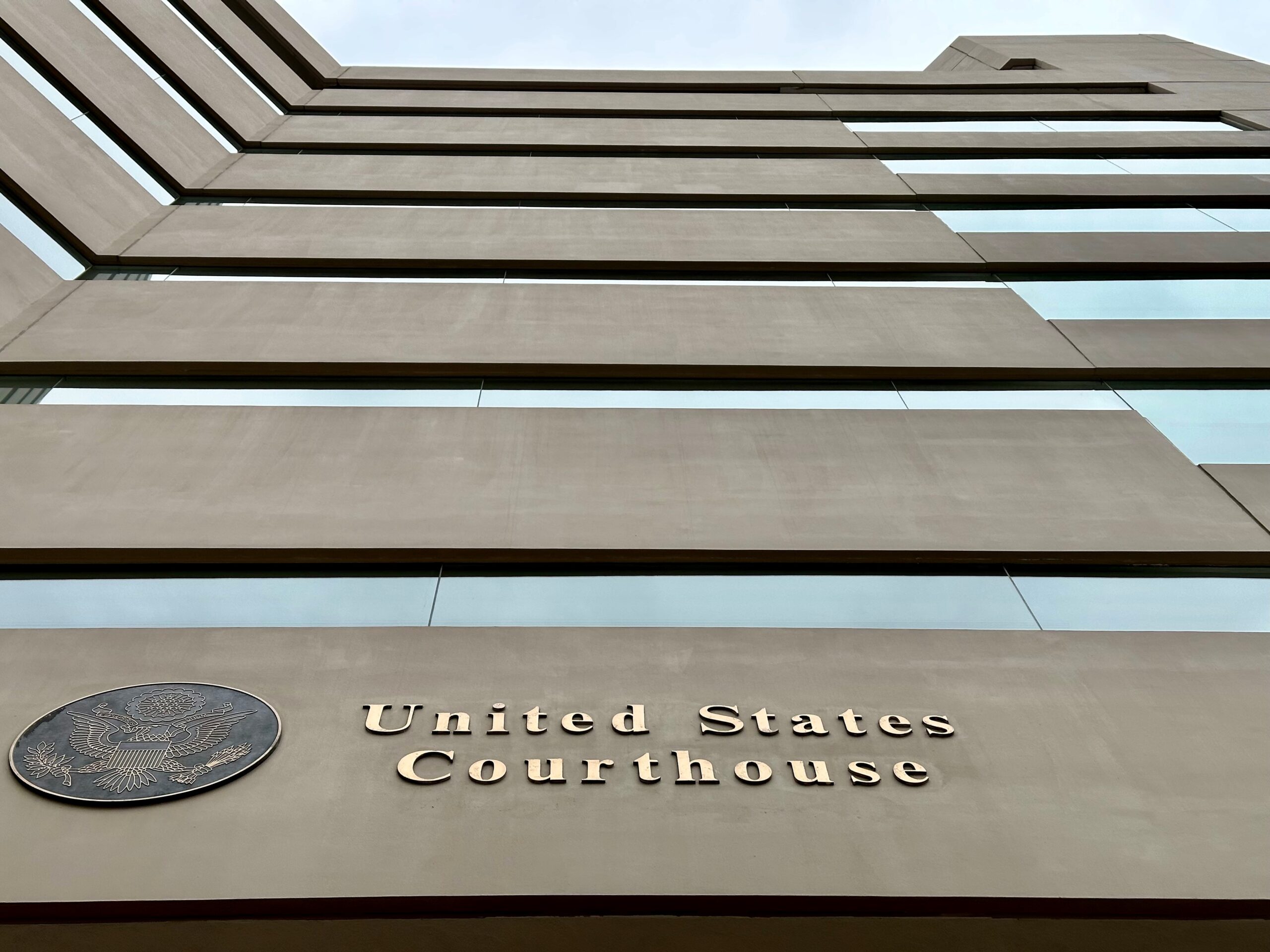Lawmakers weigh next steps for addressing Md. health department’s fraught financials following state audit

After a scathing audit of Maryland’s health department revealed a “pervasive lack of documentation” and other issues of financial oversight, Maryland lawmakers held a hearing to try to get to the bottom of what went wrong, and how much money the state may lose out on as a result.
Following the meeting, a multitude of unanswered questions remain regarding exactly how much money was mismanaged at the Department of Health, how large of a deficit the department is facing, and what steps will be taken to avoid financial troubles in the future.
“Folks should be held responsible for this. I’m not sure if this rises to criminality, but this was an incredible waste of money,” Sen. Clarence K. Lam (D-Anne Arundel and Howard) told Maryland Matters.
Lam is the Senate chair of the Joint Audit and Evaluation Committee, which held the Tuesday hearing to discuss the results of the audit with legislative auditors and the secretary of Health.
In late October, the Office of Legislative Audits issued a thorough audit for the Department of Health that scrutinized the department’s lack of financial documents regarding federal COVID funds and claimed the agency did not properly monitor how the state used millions of dollars during the public health emergency. The audit also identified questionable oversight of contractors engaged to help the department through the COVID-19 pandemic.
That initial audit indicated as much as $1.4 billion in potential federal reimbursements that were not properly accounted for.
The audit ran from February 12, 2019, to June 30, 2022, when the Department of Health answered to Gov. Larry Hogan (R). Now, the new administration under Gov. Wes Moore (D) has to figure out how the agency will move forward.
“The audit contained significant findings and highlights concerns around fiscal procedures, procurement practices and cyber security controls among others at the Maryland Department of Health,” Secretary of Health Dr. Laura Herrera Scott told the committee.
“I also want to acknowledge the severity of the findings as well as our commitment to addressing them through, though the period covered in the audit is prior to the current administration and prior to me joining the department as Secretary.”
One of the main concerns is just how much money the state will ultimately lose out on due to the inadequate financial documentation.
Legislative Auditor Gregory Hook told the committee that, although some federal reimbursements have since been accounted for, his office suspects that there remains a deficit of at least $8.8 million based on their analysis, but he is not certain those are the only funds that the state could lose out on.
Herrera Scott said she does not believe general funds will be needed to cover any lost funding identified by the audit.
She said that the department has started working on some of the issues raised in the audit by working with the Department of Budget and Management as well as an external accounting firm.
“We do not anticipate general funds will be needed to cover the discrepancy. We believe it is a primarily an accounting and reconciliation issue, and we are shooting for the end of FY 2024 closeout for all of this to be resolved,” Herrera Scott said.
She added that the audit shows that there is a need for a “comprehensive look at the department’s fiscal procedures and compliance.”
“Our annual budget with federal funds included is $20 billion, and we need to ensure that you have the correct tools, procedures and staffing to ensure fiscal stewardship moving forward,” she said.
Following the meeting, Lam was not comforted by the assurance that most of the losses will be accounted for.
“From my perspective, the jury is still out on that,” Lam said, saying that he needs to “see how all of this shakes out at the end.”
He did note that the the legislature could seek remedies in the upcoming session, including to require that the Department of Health, and maybe other state agencies, establish procedural handbooks and accounting protocols.
“We should look very seriously at legislation to make sure that there are better procedures and standards in place to make sure that it’s not reliant on good management and personnel,” he said.
Concerns over adequate and qualified staffing levels also came up at the meeting. Recent audits of the agency have noted that the lack of staffing has contributed to some of the financial concerns.
The Moore administration has tried to curb vacancies in state agencies, but those efforts have so far fallen short.
Herrera Scott said they have filled many positions at the Department of Health, but are still missing a number of senior-level staff in financial positions.
Several lawmakers floated raising state salaries in order to attract qualified staff and accountants.
Lam said that the salary increase is a legitimate consideration — even as the state expects a challenging budget in the 2024 session — because not having adequate fiscal management could potentially cost the state millions.
“This is an instance where we’re maybe being overly frugal in a way that will cost the state much more in the end,” he said.




 Creative Commons Attribution
Creative Commons Attribution